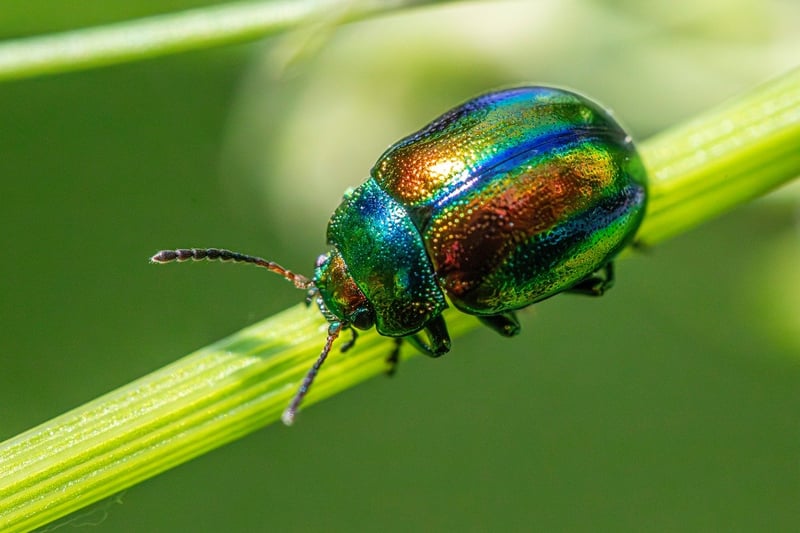Pest control
Keeping Your Vertical Garden Healthy and Thriving
Tips for Maintaining a Lush Vertical Garden
Vertical gardens are a fantastic way to bring greenery into small spaces and add a touch of nature to your environment. To ensure your vertical garden remains healthy and thriving, follow these essential maintenance tips:
1. Proper Watering
Water is essential for the well-being of your plants. Be mindful of the specific water requirements of each plant in your vertical garden and ensure they receive adequate hydration. Overwatering can lead to root rot, so it's crucial to strike the right balance.
2. Adequate Sunlight
Most plants require sunlight to thrive. Make sure your vertical garden receives sufficient sunlight based on the needs of the plants you have chosen. If natural light is limited, consider supplementing with grow lights.
3. Regular Pruning and Trimming
Keep your vertical garden looking neat and promote healthy growth by regularly pruning and trimming your plants. Remove dead leaves and spent flowers to encourage new growth.
4. Fertilize as Needed
Plants in a vertical garden may need additional nutrients to thrive. Consider fertilizing your plants according to their specific requirements. Organic fertilizers are a great choice for maintaining a healthy ecosystem in your vertical garden.
Pest Control in Your Vertical Garden
Despite your best efforts, pests can sometimes find their way into your vertical garden. Here are some eco-friendly methods to control pests and keep your plants safe:
1. Natural Predators
Introduce beneficial insects like ladybugs or lacewings to your vertical garden. These natural predators can help keep pest populations in check without the need for harmful chemicals.
2. Neem Oil Spray
Neem oil is a natural insecticide that can be effective against a variety of garden pests. Dilute neem oil in water and spray it on your plants to deter pests without harming beneficial insects.
3. Homemade Pest Repellents
You can create homemade pest repellents using ingredients like garlic, chili peppers, or soap. These natural solutions can help repel common garden pests and protect your plants.
4. Monitor Your Plants
Regularly inspect your vertical garden for signs of pest infestations. Early detection can help you address the issue before it spreads and causes significant damage to your plants.
By implementing these maintenance tips and pest control methods, you can enjoy a vibrant and healthy vertical garden that enhances your living space and brings joy to your surroundings.

